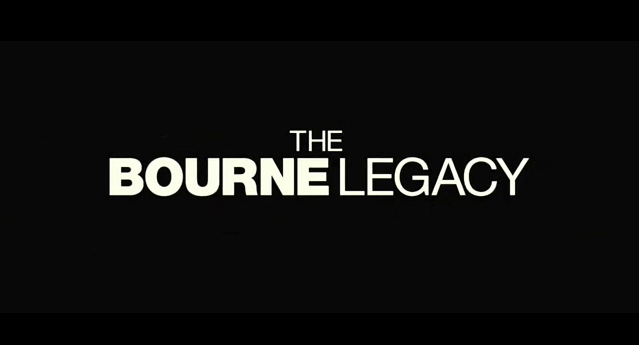Herzog and Kinski.
"My
Best Fiend" is Werner Herzog's love letter of a documentary film to his
frequent collaborator Klaus Kinski. It also chronicles their turbulent
relationship through strange anecdotes and firsthand stories on set. But aside
from this notion of reliving Kinski's eccentricity and enigma in a very
reflective fashion, this documentary film also serves as a chance for Herzog to
analyze and interpret what has been going on inside Kinski's mind all
throughout their troubled film collaborations that were often marred by the
latter's lengthy diatribes and temperamental unpredictability.
Armed with
an eloquence that's both strangely moving and profound, Herzog probes deep into
his professional and personal relationship with Klaus Kinski not just to feed
our minds with how things have occurred between them but also as a form of myth-making
on his part. In the end, he just wants to eternalize Herzog not as a restless
madman but as a serene friend; not as a difficult eccentric but someone that
could have easily been him in a parallel lifetime. "That makes two of us!"
Herzog blurted out when Kinski accused him of being a megalomaniac. This is not
your ordinary actor-director relationship. This is mania matched with mania.
This is artistic narcissism matched with mad ambition. This is a bomb waiting
to explode. This is friendship at its most reluctant. This is their uneasy
story.
Returning to
the locations of their two most heralded collaborations, "Aguirre: The
Wrath of God" and "Fitzcarraldo", and even a brief visit to the
location where "Woyzeck'" was shot (with a reflective interview with
star Eva Mattes), Herzog retraces the path of their insane acts of mutual
artistry that's both appalling and fascinatingly magnetic. We are even granted
a peek into some rare footages that shows Kinski both at his unstoppably worst
(as he verbally assaults a production manager) and at his subtly caring best
(as he tends to a wounded cameraman). We also see one of the extras in
"Aguirre: The Wrath of God" whose head still bears the scar where
Kinski has once hit him with a sword. He also shared a little anecdote
involving Kinski, some 45 movie extras and a Winchester Rifle. Judging from
Kinski's demeanor, you already have a clue of what has transpired.
But despite
of these shenanigans, Werner Herzog, with his all too personal analysis of
Kinski's psyche in relation to his own, is subtly elegiac about the whole
thing. He is fully guilty of the fact that he once threatened Kinski with a gun
just to prevent him from leaving the still unfinished production of
"Fitzcarraldo". He's also quite repentant that, at one time, he once
meditated in 'firebombing' Kinski's house.
With these
admissions, Herzog knows that even though he claims that he is 'clinically
sane' so to speak, Kinski is the only man that can bring out the madman in him.
But at the same time, it's not only madness that they have extracted from each
other; they have also brought out the best within the both of them. Their
monolithic collaborative films can speak for themselves, and "My Best
Fiend" may serve as the quiet immortalization of their friendship and film
partnership that has made these pictures possible.
It's a shame
that Kinski died too soon. It's quite interesting to hear his part of the
story. But seeing him in the film, tranquil and all, with a pretty little
butterfly flying around him is quite enough. In that footage, there's calm in
his eyes and certain quietness to his soul; the ideal image that Herzog wants
to remember Kinski with. Perhaps Herzog appreciates great irony.
FINAL RATING






